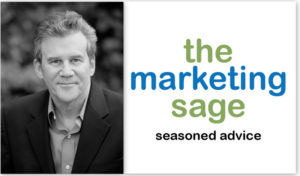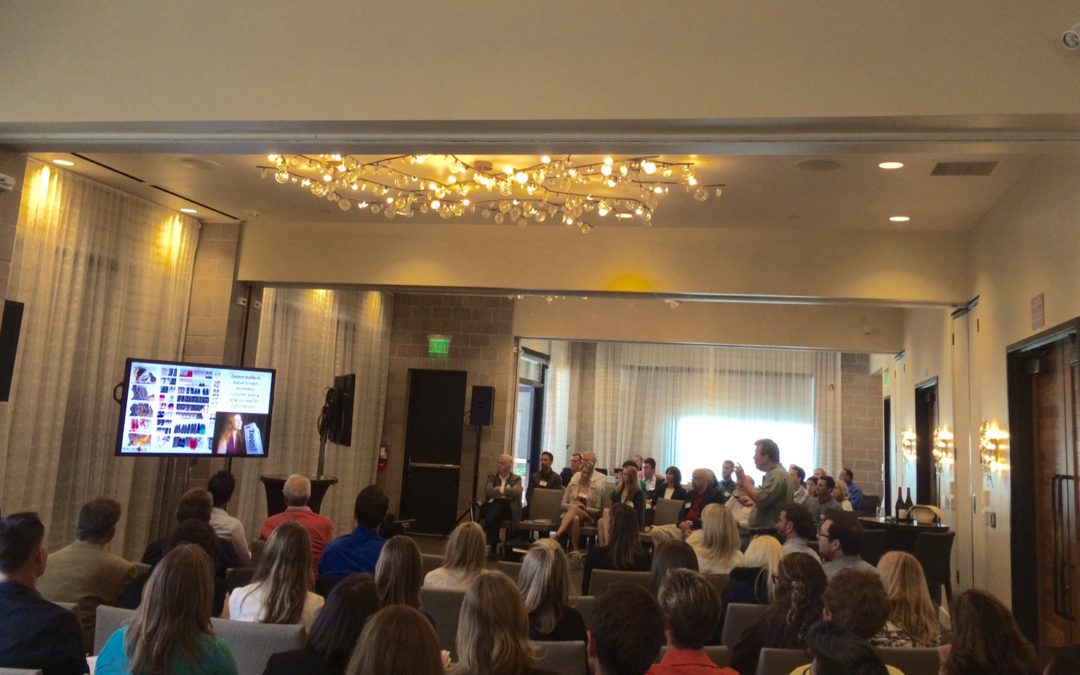Are you planning a strategy conference for your company?
Over the years, I have participated in dozens of offsite meetings and learned some helpful lessons in how to keep them productive, efficient and fun. This past week, I assisted one of my marketing clients as they held an annual event to share the company’s plans for 2017. Since managing conferences is top of mind, I thought I’d share some suggestions on how to have a successful event.
Ten Tips for Managing Strategy Conferences
- Limit the number of days. Two days, if well-planned will allow you to accomplish everything you need if you are crystal clear on management’s goals. You want a combination of work and play so that you communicate your message and have fun in the process.
- Make the event a combination of presentation and participation. Too many presentations will kill the energy. Having small, group workshops allows everyone to be involved. Find a balance so that you avoid death by PowerPoint.
- Energy declines by mid-afternoon so plan accordingly. Realize that people will get tired of sitting by the afternoon so consider adding a physical activity as a team building workshop. I have participated in several including improv classes, bike-building exercises, mural painting and non-profit work. Don’t expect everyone to sit on their butt for two-straight days.
- Presentations should be formatted and limited to a minimal number of slides. Make sure that if you have ten projects to review, each one answers a few simple questions like why are we doing this, what are the benefits to our customers and us and what are the milestones. Give each person a maximum time they can present like 10 minutes.
- Have a timekeeper. Without a timekeeper, the day will run on in trying to fix and solve problems that get discussed. Someone must have the authority to know when to cut discussions off but also recognized when highly critical issues should continue.
- Well-planned workshops can give everyone a chance to contribute. If you have a group of 40 people attending your event, breaking into teams of 10 with very clear instructions gives associates an opportunity to add and build on ideas. Let each team assign someone to report out a summary of the discussion.
- Late-day presentations should be entertaining and lighter. Don’t have serious financial performances at 4 pm. Do your heavy lifting early or mid-day not at the end of a day? Marketing presentations are good to do at the end of a busy day if they are light and fun.
- Keep the food light and not too sophisticated. Some of the best conferences are more casual and less formal. Let the food reflect the style and mood you want to communicate.
- Theme the conference. A theme for the conference or the year allows everyone to have a “hook” to hang a presenter’s communications and message. One year, I came up with TURN UP THE VOLUME, and we gave away headphones as we promoted the importance of increased sales.
- Survey within a few days after the event. When completed, get a survey out to participants while it is fresh in their minds and you can get some ideas for improving the event next year. The study can be written and ready to go in advanced so that it shows up in everyone’s inbox the day they get back from the conference.
Critical to a successful event is thinking about how you want attendees to feel after it is over. What is the emotional charge you want them to have when they go back to work? If you work backward from the emotions, you can figure out all the tactical details.
If you are looking for advice on how to manage and organize strategy conferences, I’m happy to provide guidance. Email me at jeffreylynnslater@gmail.com or text or call 919 720 0995.





